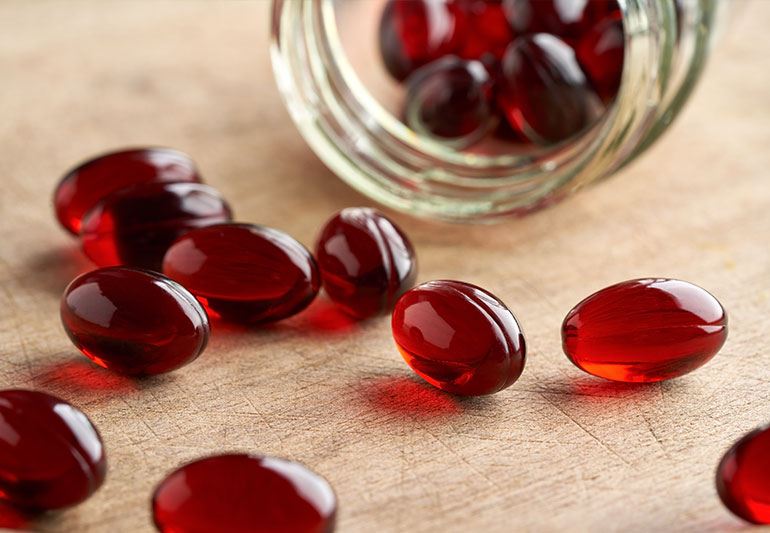
Atrial fibrillation (AFib) is a common cardiac rhythm disorder that affects millions of individuals worldwide. It is characterized by a rapid and irregular heartbeat, which can lead to a host of complications, including stroke, heart failure, and other heart-related issues. While various factors contribute to the development of AFib, recent studies have indicated that the consumption of both diet and sugary drinks may be linked to an increased risk of this condition.
Understanding Atrial Fibrillation (AFib)
Atrial fibrillation occurs when the heart’s two upper chambers (the atria) beat chaotically and irregularly — out of coordination with the two lower chambers (the ventricles) of the heart. Symptoms may include heart palpitations, shortness of breath, and fatigue. Though AFib itself usually isn’t life-threatening, it’s a serious medical condition that requires proper treatment to prevent stroke.
The Impact of Sugary Drinks on AFib Risk
Sugary drinks, such as sodas, fruit punches, and sweetened teas, are known for their high content of added sugars, particularly high-fructose corn syrup. The consumption of these beverages can lead to obesity, type 2 diabetes, and metabolic syndrome, all of which are risk factors for heart disease.
Research points to a concerning correlation between high intake of sugary drinks and the occurrence of AFib. The excess sugar in the bloodstream can lead to inflammation and higher blood pressure, posing a strain on the heart. Furthermore, the high-calorie content of these drinks contributes to weight gain, which is a significant risk factor for AFib.
Diet Drinks: An Unexpected Contributor to AFib Risk
While many people choose diet drinks as a calorie-free alternative to their sugary counterparts, studies have suggested that these too may pose a risk for AFib. Diet beverages often contain artificial sweeteners like aspartame, sucralose, and saccharin. Although these sweeteners are calorie-free, they may still have an impact on the heart’s rhythm.
Initial studies into the health effects of diet drinks have been conflicting, with some suggesting a potential link to cardiovascular diseases, including AFib. The exact mechanisms are not fully understood, but it’s hypothesized that these artificial sweeteners might influence the body’s metabolism, and potentially disrupt the balance of electrolytes essential for the heart’s normal rhythm.
Recommendations for a Heart-Healthy Diet
Considering these findings, individuals who are concerned about their heart health may want to reduce their intake of both sugary and diet drinks. Here are some recommendations for a heart-healthy diet:
- Hydrate with Water: Water is the best beverage for maintaining hydration without any added sugars or artificial sweeteners.
- Choose Natural Fruit Juices Sparingly: Real fruit juice can be a good source of vitamins but consume it in moderation due to its high natural sugar content.
- Limit Caffeine: Excessive caffeine intake can also contribute to heart rhythm disorders, so keep an eye on your coffee and tea consumption.
- Eat a Balanced Diet: Focus on a diet rich in fruits, vegetables, whole grains, and lean proteins to support overall heart health.
- Monitor Alcohol Intake: Alcohol can be a trigger for AFib episodes in some individuals, so it is essential to consume it responsibly.
Conclusion
Both sugary and diet drinks have been linked to an increased risk of AFib, adding to the growing concern over the health impacts of these beverages. As more research emerges, it becomes increasingly obvious that a diet focusing on natural, unprocessed foods is key to minimizing the risk of a variety of chronic diseases, including AFib. Those who are at risk or already diagnosed with AFib should discuss dietary changes with their healthcare provider to manage their condition effectively.





